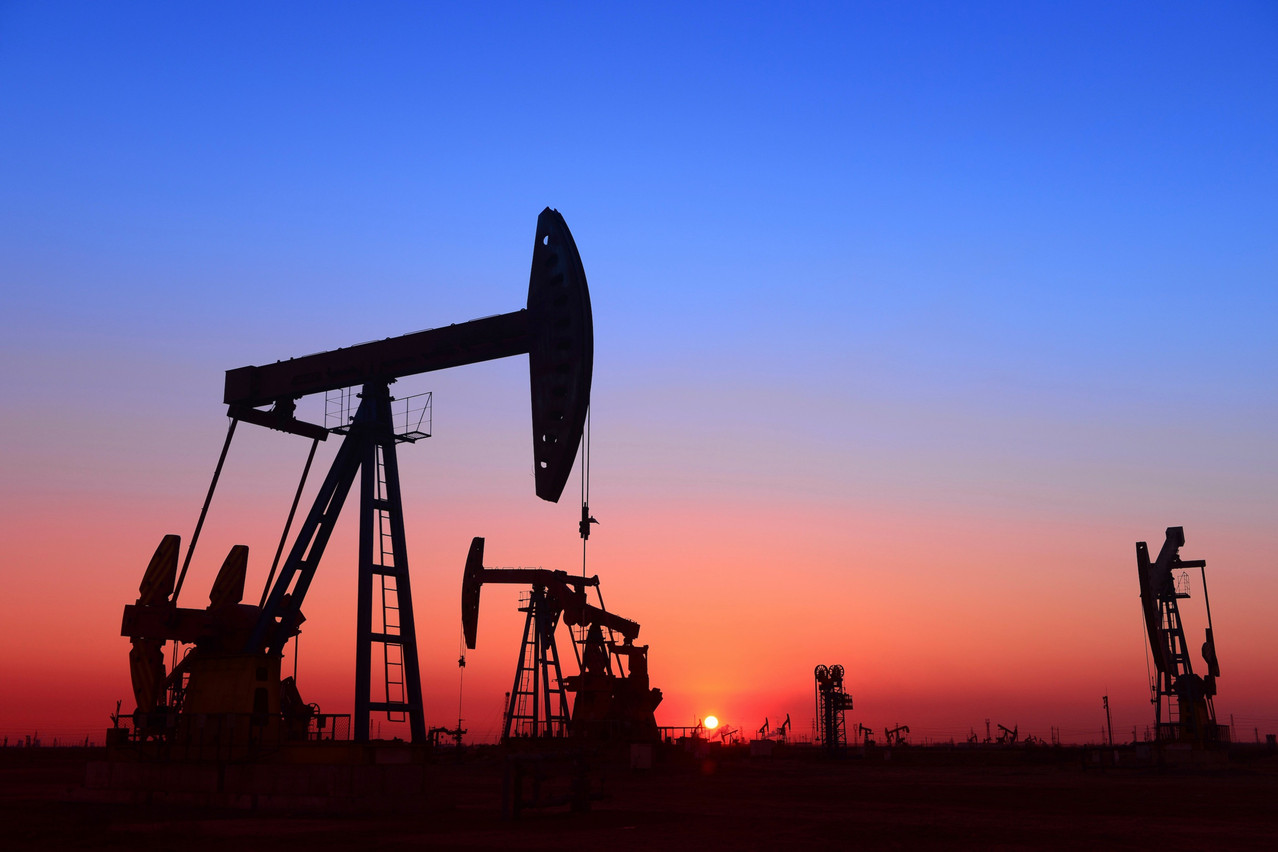Russian crude oil had enjoyed a lion’s share of EU imports, accounting for between 19% and 35% per month in 2020 and 2021. However, this changed dramatically with Russia’s military invasion of Ukraine, which EU member states have strongly condemned. In response to Moscow’s unprovoked aggression, the , including import and export restrictions on Russian oil and gas.
As of December 2022, Russian crude oil imports into the EU amounted to only 7.6m barrels, which was 3.9% of the total imports. This is a stark contrast to the beginning of the year, when Russian crude oil accounted for 49.7m barrels, or 24.4% of the total. However, this reduction in imports was expected as part of the , which was adopted by the European Council in June 2022. The package included an import ban on seaborne Russian crude oil as of 5 December 2022.
Total crude imports remained relatively stable throughout the year, ranging from the the highest of 22.6m barrels in January 2022 to the lowest point of 16.8m barrels in November. The loss in Russian crude imports was mostly compensated by an increase in imports from the United States and Norway.
In December 2022, the United States exported 34.5m barrels to the EU, which accounted for 17.5% of the total. This is an increase from the 26.7m barrels, or 15.9% of the total, that were exported a year ago. Norway also increased its exports from 13.4m barrels, or 7.9% of the total, in December 2021 to 32.9m barrels, or 16.7% of the total, in December 2022.
Additionally, imports from Iraq and the United Kingdom also increased by 2.5 and 0.7 percentage points, respectively, during the same period.
The spot prices for Russian Urals saw a notable decline, trading at par with other main crude oil grades at around $84 per barrel in January 2022. However, by the end of the year, it was trading at a 40% discount, with a price of $50.70 per barrel, compared to its five main peers, which were trading at an average of $84.70 per barrel.
All in all, the EU had a stable oil import over 2022 and was able to significantly reduce its dependency on Russian oil while maintaining its objective of putting economic pressure on Russia through sanctions on its oil.
